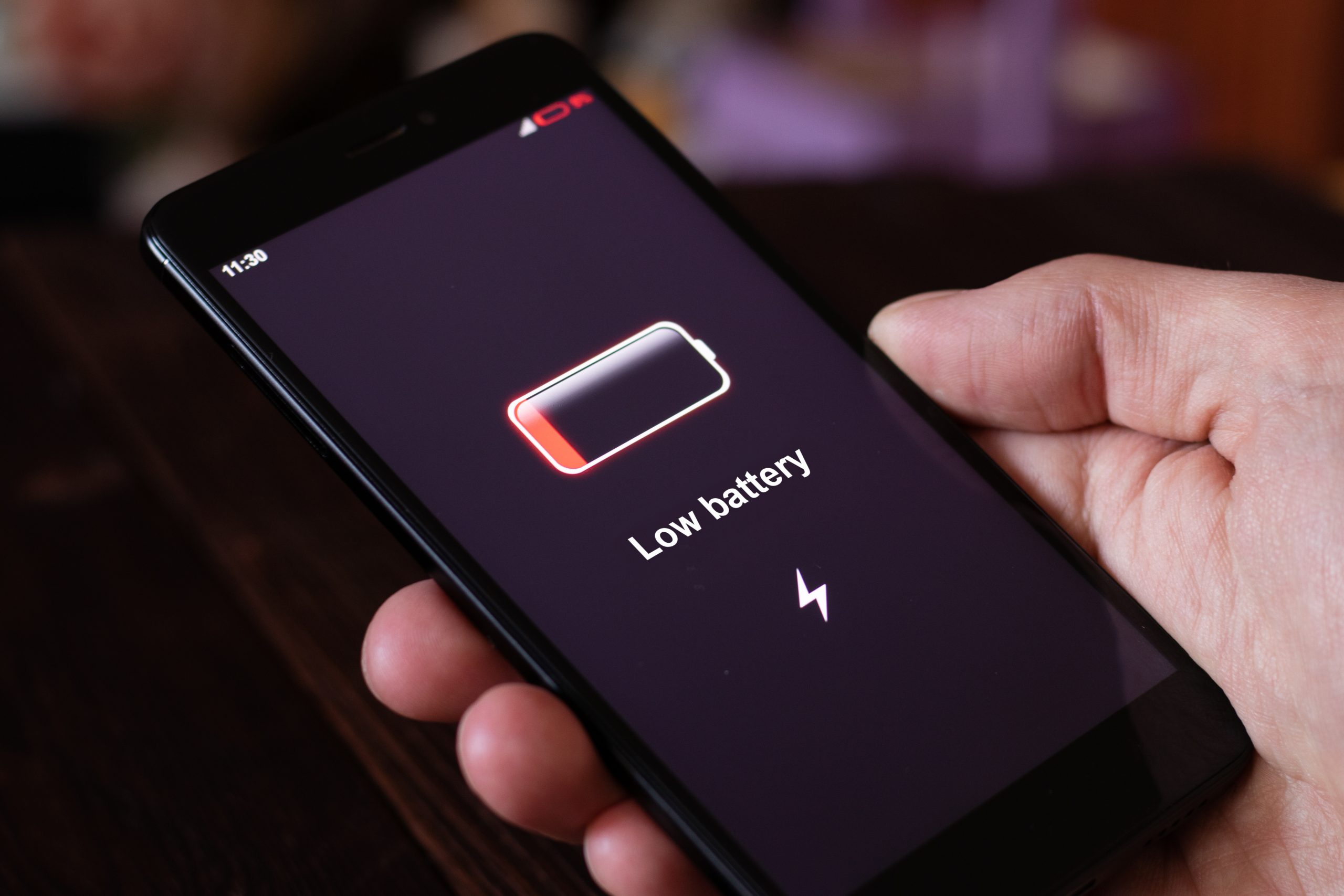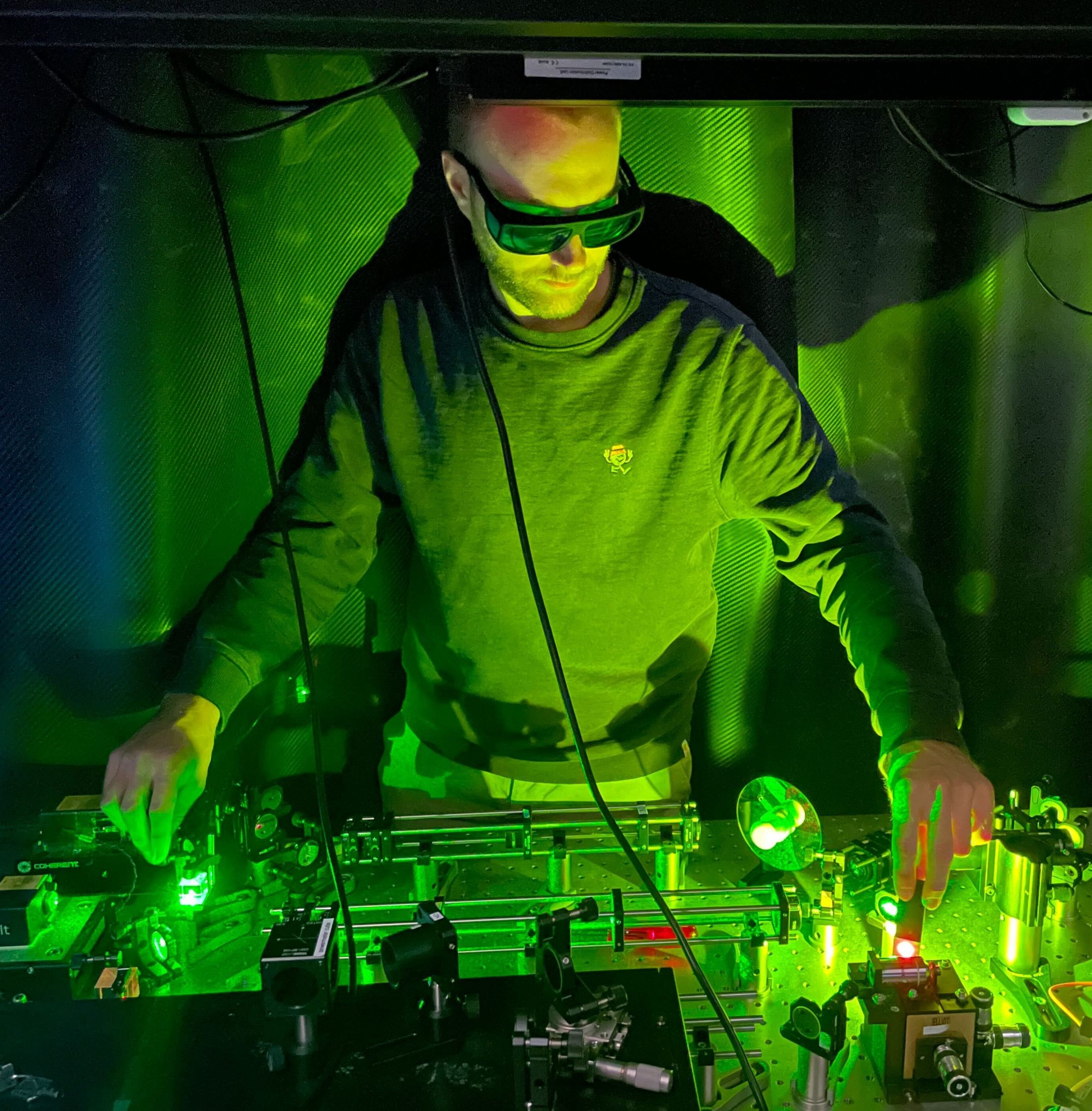TUM portrays e-conversion researcher Helge Stein
Meet this versatile battery expert in the latest "NewIn" episode.
e-conversion was at the Klima.Dult 2024
A market of ideas to make cities more sustainable.
Plasmonic Energy: On the Track of Electrons
Scientists from LMU and Rice University provide a new framework for the holistic description of plasmon-molecule interactions and electron transitions at their interfaces.
Next podcast episode featured by e-conversion is online!
Prof. Thomas Bein and Dr. Johanna Eichhorn talk about the magic of photoelectrocatalysis.
Professorin Regina de Vivie-Riedle verstorben
Professor Regina de Vivie-Riedle passed away.
Energy researcher in discussion: Prof. Jennifer Rupp
Video and Podcast: Exciting insights into solid-state battery research and the diversity of e-conversion topics.
Opening of the Atomistic Modeling Center (AMC) at TU Munich
The interdisciplinary center allows more realistic and industry-ready studies.
Where energy becomes tangible
e-conversion took part at FORSCHA 2024 at the Deutsches Museum Verkehrszentrum.
How battery life is becoming predictable
TUM researchers develop a model to simulate batteries over their life cycle.
Watching energy materials as they form
LMU researchers observe covalent organic frameworks during assembly.










